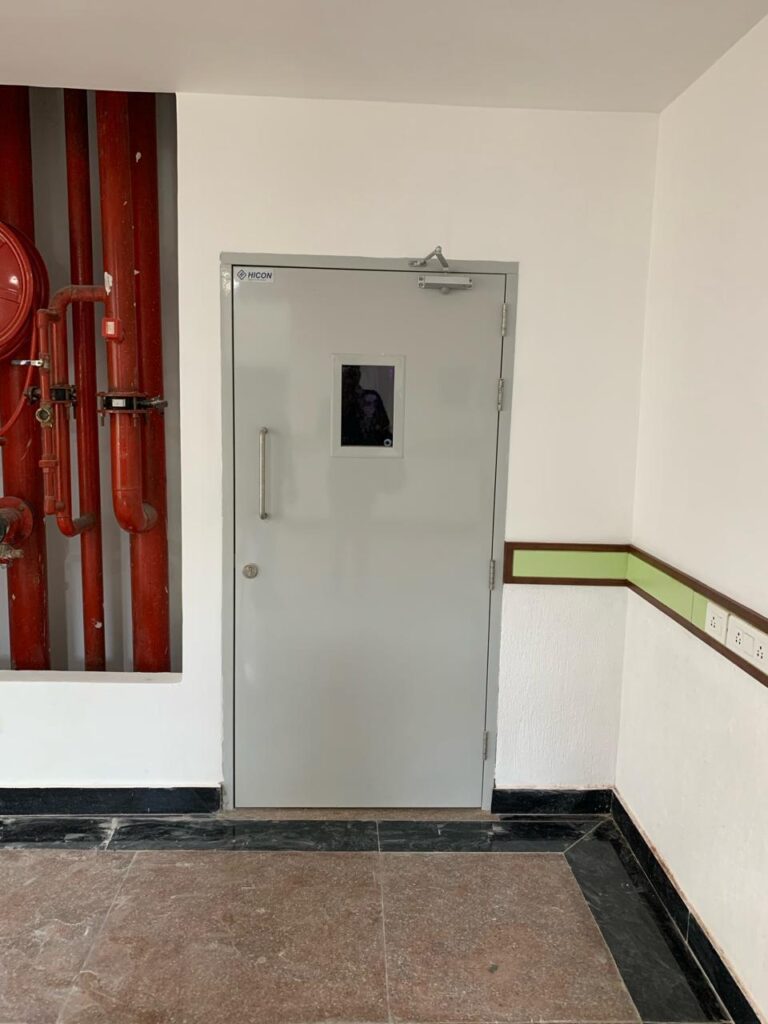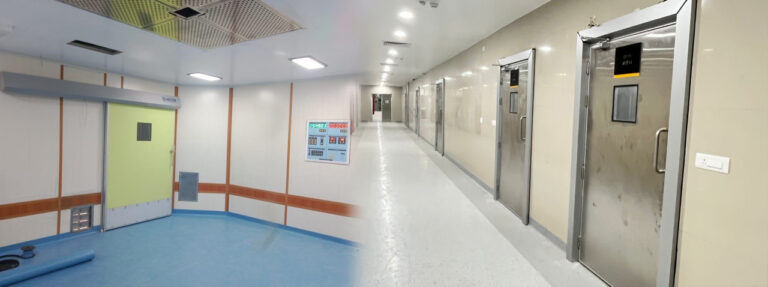Energy efficiency has become a crucial aspect of modern construction, with builders and architects striving to reduce energy consumption while maintaining optimal indoor conditions. One of the most effective solutions to achieve this is the use of insulated panels. These panels play a significant role in enhancing thermal performance, reducing energy costs, and contributing to sustainability in buildings. In this blog, we will explore the importance of insulated panels in energy-efficient buildings and how leading insulated panel manufacturers are shaping the industry with innovative solutions.
What Are Insulated Panels?
Insulated panels are prefabricated building components designed to provide superior thermal insulation, structural strength, and moisture resistance. These panels typically consist of a core material sandwiched between two rigid outer layers. The core is usually made of materials such as polyurethane (PUR), polyisocyanurate (PIR), or expanded polystyrene (EPS), which offer excellent thermal resistance.
How Insulated Panels Improve Energy Efficiency
Insulated panels contribute to energy efficiency in multiple ways, making them an ideal choice for both residential and commercial buildings:
1. Superior Thermal Insulation
The primary benefit of insulated panels is their exceptional thermal insulation properties. By minimizing heat transfer between the interior and exterior of a building, these panels help maintain stable indoor temperatures, reducing the need for excessive heating or cooling.
2. Reduced Energy Costs
With improved insulation, buildings require less energy for temperature regulation. This translates to lower energy bills and reduced operational costs, making insulated panels a cost-effective solution in the long run.
3. Enhanced Structural Integrity
Beyond insulation, insulated panels provide strong structural support, reducing the need for additional materials and construction elements. This simplifies the building process and minimizes waste.
4. Minimized Carbon Footprint
By improving energy efficiency, insulated panels contribute to environmental sustainability. Less energy consumption means fewer carbon emissions, aligning with global efforts to combat climate change.
5. Quick and Easy Installation
Insulated panels are prefabricated, making them easy to install compared to traditional building materials. This not only speeds up construction time but also reduces labor costs and material wastage.
Applications of Insulated Panels in Energy-Efficient Buildings
Insulated panels are versatile and can be used in various types of buildings, including:
- Residential Homes: Enhancing comfort and reducing energy bills.
- Commercial Buildings: Providing cost-effective insulation for offices, malls, and hotels.
- Industrial Facilities: Ensuring temperature control in warehouses and factories.
- Cold Storage Units: Maintaining consistent temperatures for food and pharmaceutical storage.
Choosing the Right Insulated Panel Manufacturer
The effectiveness of insulated panels depends on their quality and manufacturing standards. Choosing reputable insulated panel manufacturers ensures that the panels meet industry standards for energy efficiency, durability, and safety. Leading manufacturers offer customized solutions, high-performance materials, and innovative designs to cater to various building requirements.
Conclusion
Insulated panels play a crucial role in creating energy-efficient buildings by offering superior thermal insulation, reducing energy consumption, and promoting sustainable construction practices. As the demand for energy-efficient solutions grows, insulated panel manufacturers continue to develop advanced products that contribute to a greener and more cost-effective future in construction.
For builders, architects, and homeowners looking to enhance energy efficiency, insulated panels are a smart investment. By choosing high-quality panels from trusted manufacturers, you can enjoy long-term savings and contribute to a more sustainable world.



